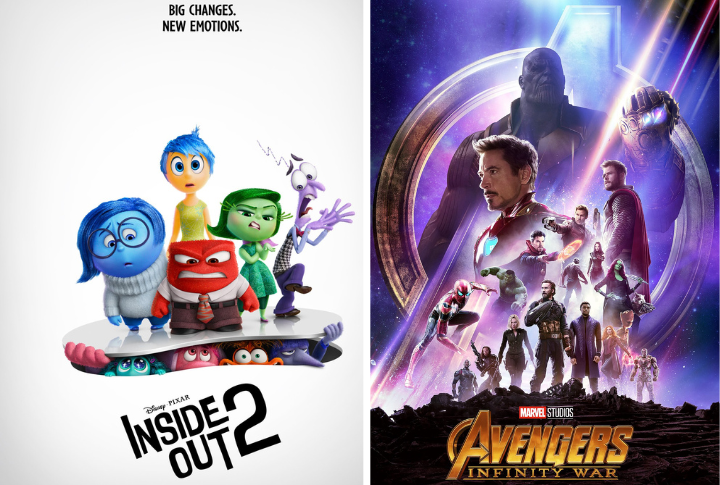
When companies decide to join forces, the ripple effects can be felt across industries and around the globe. Some acquisitions have reshaped industries, driven innovation, or even changed the way we live our daily lives. Here are ten of the most influential acquisitions.
Disney – Pixar and Marvel Entertainment
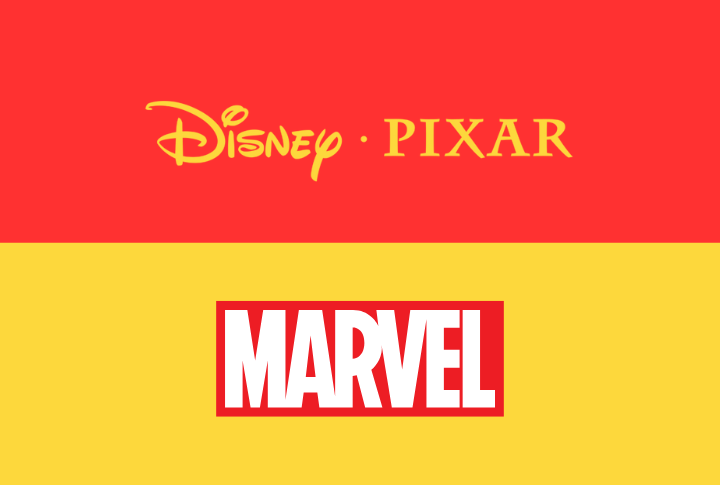
Disney’s 2006 acquisition of Pixar for $7.4 billion supercharged its animation prowess and brought the magic of Toy Story and Finding Nemo under its wing. But it didn’t stop there. Come 2009, Disney also snagged Marvel Entertainment for $4 billion, which meant gaining a universe of superheroes and a decade of box-office gold.
Facebook – Instagram and WhatsApp
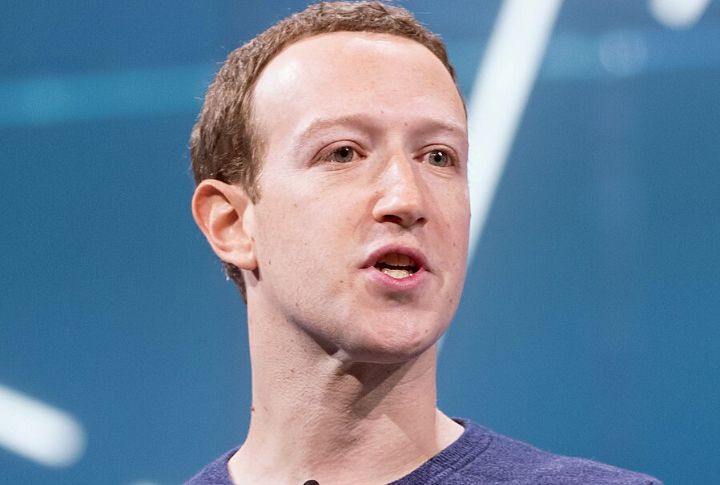
In 2012, Facebook grabbed Instagram for $1 billion and turned a simple photo-sharing app into a social media giant. Then, in 2014, they made an even bigger move and bought WhatsApp for $19 billion, securing over 2 billion users worldwide. These bold acquisitions handed them more user data than a sci-fi dystopia could imagine.
Microsoft – LinkedIn
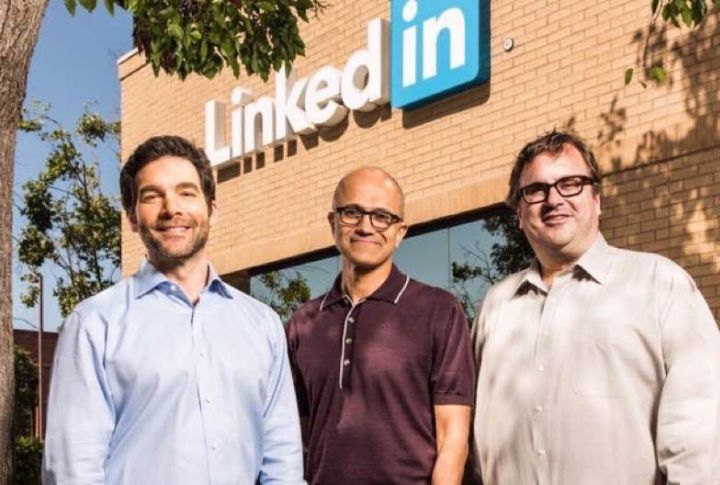
After Microsoft acquired LinkedIn in 2016 for $26.2 billion, it raised eyebrows. Why would the software empire want a professional networking site? As it turns out, this move positioned Microsoft firmly in the social networking space for professionals. LinkedIn has since become essential for recruitment, networking, and content sharing.
Amazon – Whole Foods

Amazon’s $13.7 billion obtainment of Whole Foods in 2017 was more than just Jeff Bezos trying to snag some discounted organic kale. It was a strategic move to merge online and offline shopping. Prime members suddenly started getting food discounts, and Whole Foods stores became mini-distribution hubs for Amazon’s empire.
Google – Android
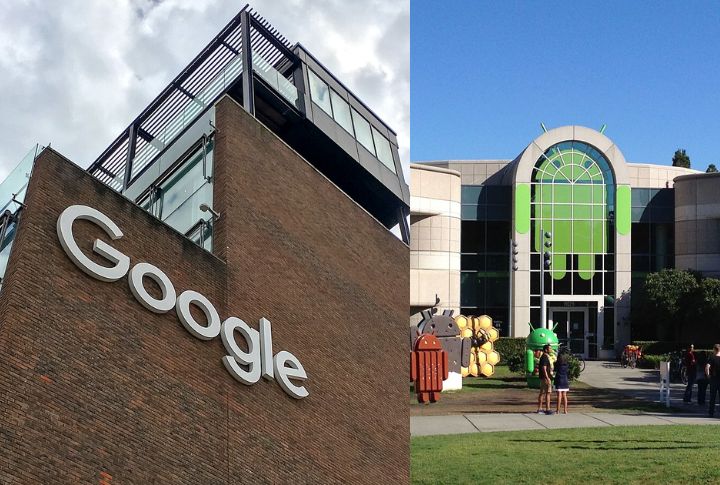
Following Google’s acquisition of Android in 2005 for an estimated $50 million, it seemed like a gamble on the mobile operating system. Fast-forward to today, and Android powers over 70% of the world’s smartphones. Android’s open-source nature and flexibility made it the darling of phone manufacturers and developers.
Dell – EMC Corp
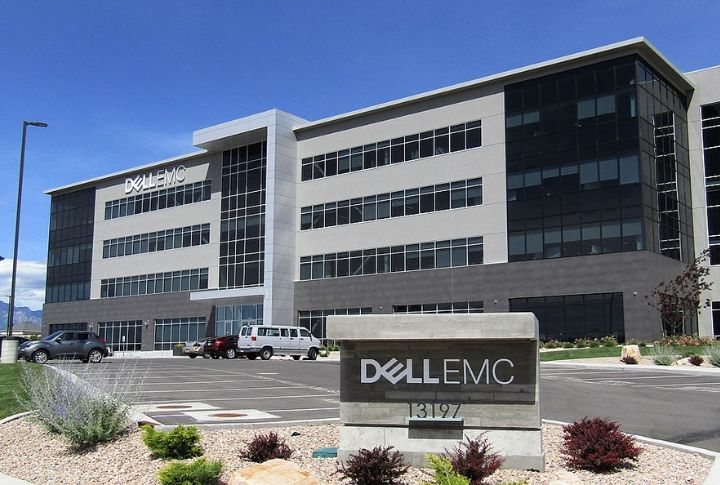
In 2016, Dell pulled off the largest tech purchase in history for EMC Corp for $67 billion. EMC, a beast in data storage, was the perfect complement to Dell’s existing hardware business. The result? A tech behemoth that could offer everything from servers to storage solutions under one roof and become a leader in enterprise technology.
Verizon – Vodafone
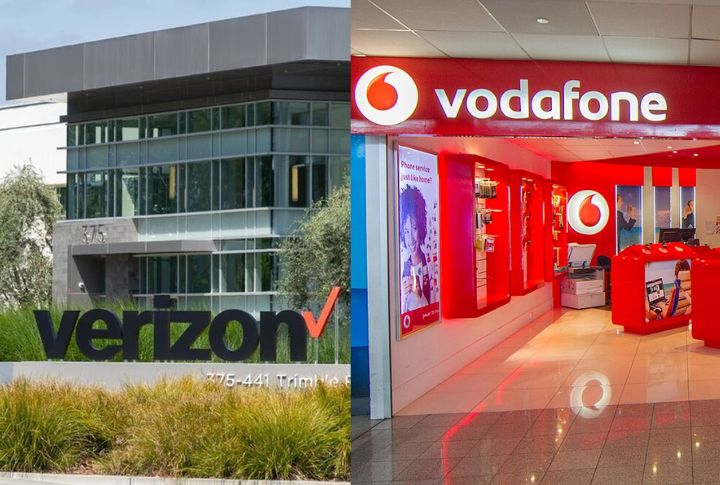
The 2014 procuration of Vodafone’s 45% stake in Verizon Wireless for $130 billion signaled that Verizon was ready to dominate the wireless market solo. This deal gave Verizon full control over its wireless business and allowed it to innovate and expand without consulting a partner. It solidified Verizon’s position as the top dog in the US telecom landscape.
Apple – NeXT
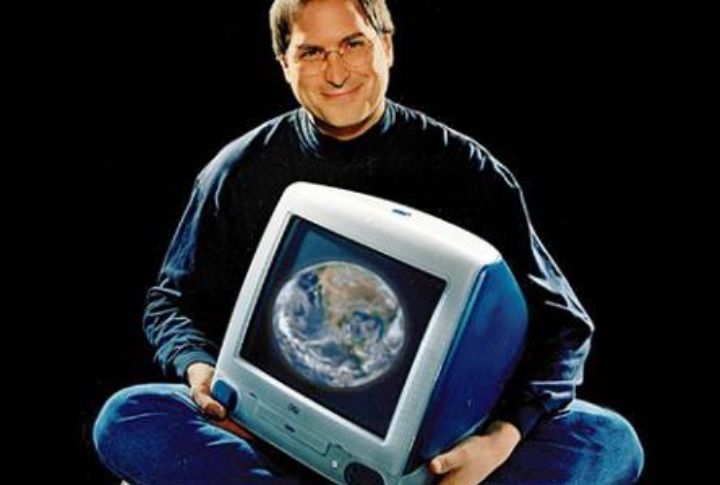
When Apple acquired NeXT in 1996 for $427 million, it was about bringing back Steve Jobs. NeXT’s operating system laid the foundation for macOS, but more importantly, it allowed Jobs to return and lead Apple to become the world’s most valuable company. Without it, the iPod, iPhone, and iPad might never have existed.
Pfizer – Warner-Lambert
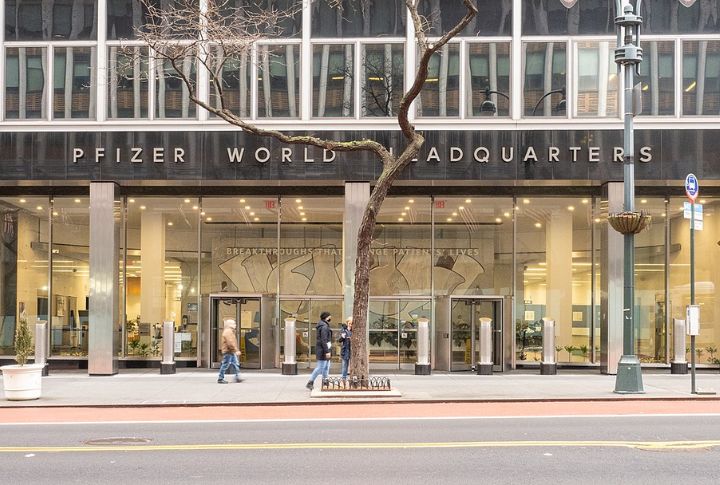
Following several months of intense and contentious negotiations, Pfizer secured Warner-Lambert in 2000 for $90 billion to get its hands on Lipitor, the blockbuster cholesterol drug. Unsurprisingly, the acquisition resulted in the formation of the largest, most valuable, and fastest-growing pharmaceutical company.
AT&T Inc. – BellSouth Corporation
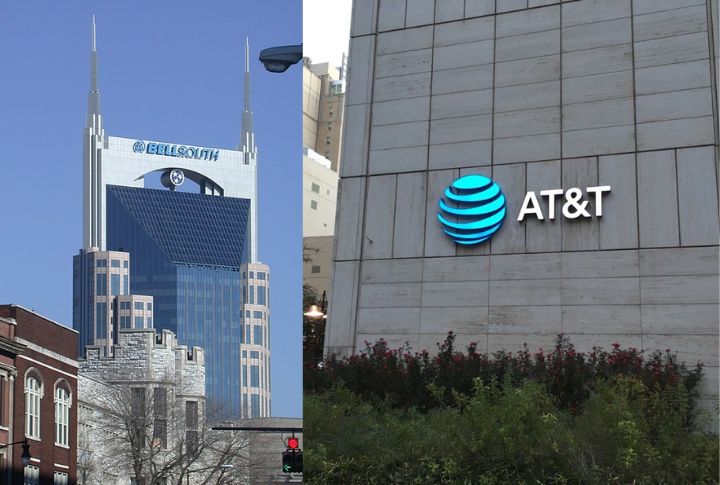
In 2006, AT&T made a move that would forever change the face of telecommunications by acquiring BellSouth for $86 billion. AT&T gained full control of Cingular Wireless, which had 62 million subscribers, and created the biggest wireless carrier in the U.S. The steal was all about consolidation—AT&T wanted to streamline operations, reduce costs, and dominate the market.
